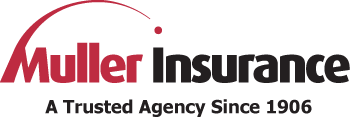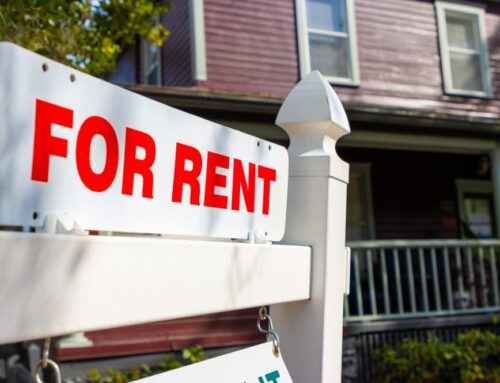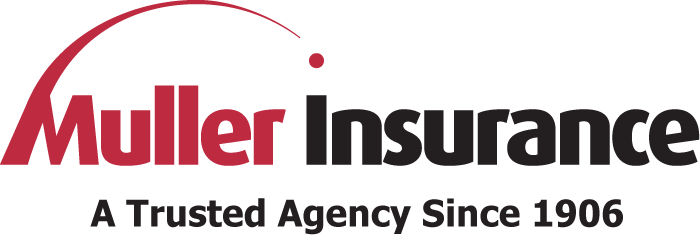Outside factors that may affect your insurance rate.
Most people don’t spend much time thinking about their insurance premiums outside of when they pay them. However, many factors determine an individual’s premium—age, claims history, and location—all affect a premium rate. There also are factors that are outside of your control, and they may be completely unrelated to risk itself. Yet, those factors can impact premium greatly. What are some of those factors?
Whether you are purchasing eggs or renting a hotel room, you probably have noticed the price of goods and services is on the rise. Inflation in America reached 20-year highs in 2022—causing the cost of many goods and services to skyrocket. Inflation means that the cost of a claim, be it a vehicle, home, or business is now more costly than ever. Increasing premiums offsets the increase in the cost of replacing or repairing an auto or property.
Changing economic times are leading to an increase in insurance premiums.
The Federal Reserve System, the central banking system of the U.S., has been steadily increasing interest rates for the last year. Interest rates impact how insurance companies make money and meet certain legal thresholds regarding assets. Generally, lower interest rates allow insurance companies to borrow and invest money more easily. This reduces the need to raise revenue through premium dollars. The script flips though when interest rates increase. To meet reserve minimums an insurance company will be more sensitive to the cost of claims exceeding the premium received. Insurance companies address this in several ways, including increasing premiums.
Premiums are impacted by a source both familiar and unfamiliar to the insurance-buying public. Most insurance companies buy insurance themselves—this is called reinsurance. An insurance company purchases reinsurance to transfer some of the risk it is assuming to another party. Reinsurance rates are on the rise, and there is less coverage to go around. This has caused insurance companies to limit their exposures by being more selective in the risks they write, as well as charging more for those exposures they do write.
While increasing premiums are undoubtedly frustrating, Muller Insurance is here to assist through this time. Please contact us with any questions you may have about your insurance policies or their premiums.
[Statics:]
- Har markets=relatively high premiums, fewer options for coverage.
- Property-catastrophe reinsurance prices rose 30.1% this year.
- Between 2022 and 2023, auto insurance rates increased by almost 14%.








